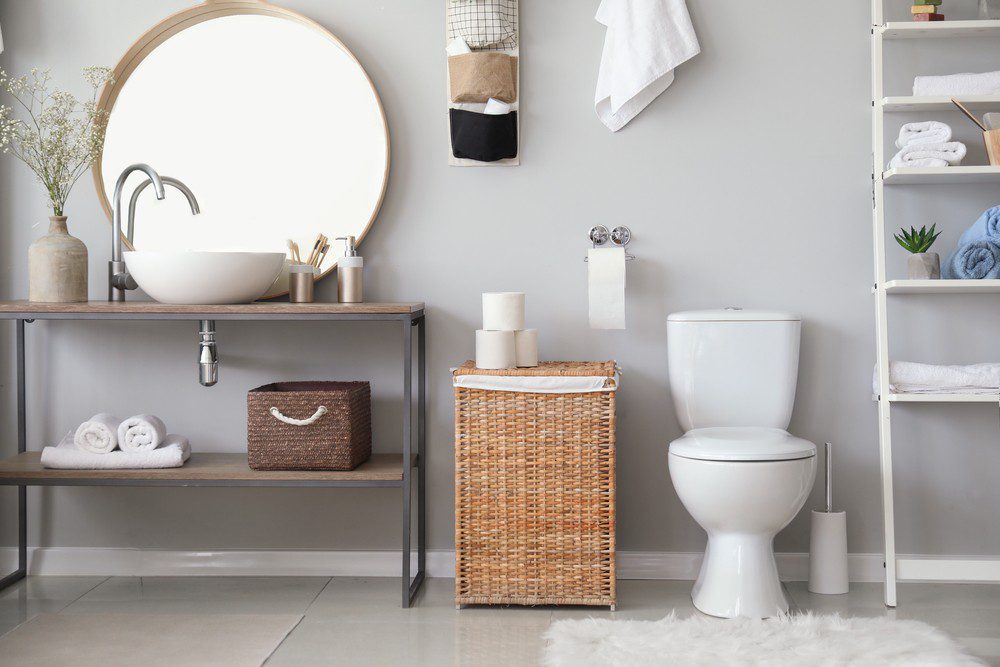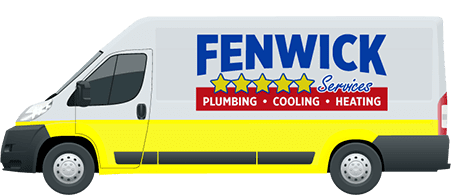
How many of us know about plumbing? Do we know about the water supply system in the house and where it begins? Knowledge is power and this is applicable even in plumbing where information can help offset a plumbing tragedy.
1. Know the source of water supply into your home and how to shut it during an emergency:
It is important to know where the shut off valves of water supply are positioned. Most times these shut off valves are close to the meter or they could also be at the house. These valves when open allow the supply of water into the house. In an emergency or it is important to know where these shut off valves are and the best way to operate them.
2. Understand the nuances of water meter and water bill:
It is imperative for you to read and understand the water bill to know if the amount you are being charged is commensurate with the water usage. To ascertain if the billing and charges are correct, you could verify your usage of water along with the bill amount. Water leaks could be causing a lot of water consumption amounting to huge bills. For clarifications, you could always refer to the water company who would be happy to assist you.
3. Check water pressure:
Ensure water pressure is below 80 psi. Most plumbing issues come up due to high water pressure. You can either DIY with a water pressure gauge or approach the water company for accurate reading of the water pressure
4. Understand the sewage system and know the location of the clean-out plugs:
Many times we don’t know the first action to take when there is a backup problem in the plumbing or a clog. Knowing the location of the clean-out plugs helps in clearing the clog.
5. Is the relief valve working:
Check your water heater and ensure the relief valve is in good working condition without leaks. If the water heater is old, it may begin to have small leaks. A good idea to avoid leaks is to keep a pan always under the water heater, to prevent expensive water damage.
Tips & Insights: What Are the Advantages Of 16-Gauge & 18-Gauge Stainless Steel Sinks?
6. Do you know where the gas supply to your home begins?
It is important to make it a practice to shut off the gas supply to the home or business. Know each of your appliances which rely on gas. This is especially true for gas-operated water heaters.
7. Know where shut off valves for plumbing fixtures are located:
All plumbing fixtures have shut off valves – like the sink and toilet, which also have a shut-off valve. If you know its location you can save the day by shutting them off in time to prevent a potential plumbing disaster that can cause the most risks.
8. Locate air conditioning condensation lines:
Understand the location of the air conditioning condensation lines and check if they are in top working condition. Most often if condensation is not working well it will not drain the water properly. This can cause water leaks and damage to walls as well as cause the rise of mold in the house.
9. Figure out how to shut off the water heater inlet:
Sometimes water heaters develop leaks and the water drains out without a water supply for cooking, washing and bathroom needs. This problem can be solved if you know how to shut off the water going to the water heater.
10. Figure out how to shut off water supply to individual plumbing appliances:
There is a way to cut the water supply to all the plumbing appliances. It is important to know how to shut off the water to each plumbing appliance. This could save extensive damage to the appliance as well as to your home in the event of a problem, such as a leak.
If you have a plumbing issue, Fenwick Home Services is the perfect solution to your problem. Contact us today for affordable, quality and prompt plumbing repairs and installation.
Tips & Insights: 6 Types Of Severe Water Leaks & Ways to Respond

